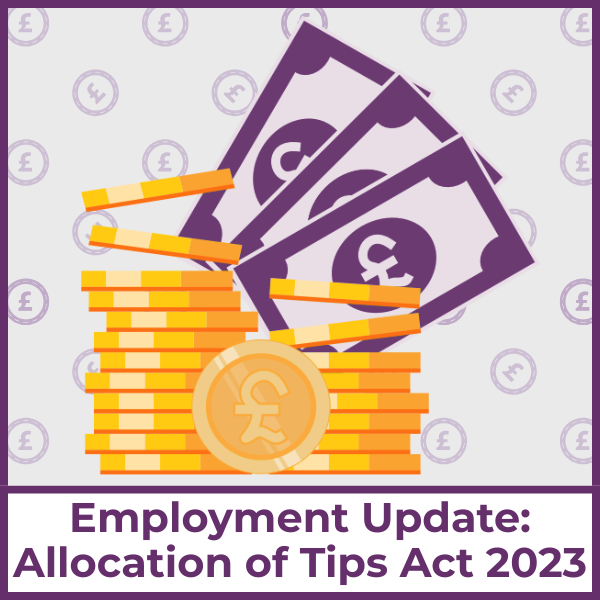Bookkeeping for Freelancers
With over two million freelancers in the UK, the sector contributes around £125 billion to the economy (source: Microbizmag.org) with the number of freelancers growing by nearly 50% over the last decade.
A very large number of self-employed freelancers manage their own bookkeeping, while others recognise the benefits of using the services of professional bookkeepers.




What is the difference between a freelancer and a contractor?
Freelancers generally operate as sole traders. They are usually paid by hourly or daily rate agreed with clients. They often work for more than one client at any time. If they are sole traders they are also personally responsible for managing all elements of their finances. Some freelancers set up their own limited companies, usually to benefit from company taxation rather than personal taxation.
Contractors usually undertake work for a specific client for a given period at an agreed rate. They can operate as sole traders but most contracts are awarded to people who provide services through their limited companies.
Whether you operate as a sole trader or limited company, and whether you are a freelancer or a contractor, AMR Bookkeeping Solutions can help manage your finances. We will keep your books in order and leave you free to commit your time and energy to your main areas of expertise.
What is freelancer bookkeeping?
Freelancers specialise in a range of skills. According to a survey by MoneySupemarket the most popular freelance roles are business services (22%), design (20%), writing and translation (17%) and sales and marketing (13%).
The challenge for freelancers is not just to find and undertake paid work, but also to manage their finances. It is essential to keep control of all aspects of finance involved with freelancing, and to make sure you have a clear view of your true financial position.
It is essential for freelancers to keep detailed, accurate records on all finances related to their work. If you use the wrong figures you could be paying too much or too little tax, and you could misunderstand what your true earnings are. We help clients avoid the potential pitfalls, and leave them free to concentrate on their core money-earning skills.
Traditional accounting or cash basis accounting?
As a sole trader you can choose to operate under traditional accounting or cash basis accounting.
Under traditional accounting your income and expenses are determined by the dates of your invoices and bills. Invoices and bills dated during a tax year are subject to taxation in that year.
Under cash basis accounting you only record income or expenses when you receive money or pay a bill. This means you will not need to pay Income Tax on money you have not yet received in your accounting period. Cash basis accounting is allowed only for businesses with a turnover of £150,000 or less.
Bookkeeping for freelancer sole traders
The simplest way of running freelancer finances is to register with HMRC as a sole trader. Even so there is still a list of financial information you have to manage.
The records you need to keep are:
- record all transactions and maintain your financial records accurately
- pay no more tax than you need to
- claim all allowances
- ensure you have enough cash in your business
- plan a successful future for your sole trader business
* Registration for VAT is only required for businesses with a turnover of more than £85,000.
It is also important to keep proof with:
- all receipts for goods and stock
- bank statements, chequebook stubs
- sales invoices, till rolls and bank slips
You then have the correct figures for your tax return as well as evidence for HMRC if you are asked for it.
Every year, sole traders need to:
- send a Self Assessment tax return every year
- pay Income Tax on your profits and Class 2 and Class 4 National Insurance
At AMR bookkeeping we look after the books for freelancers operating as sole traders. We help make sure that the information is accurate and provided in time for tax returns and tax payments.
Bookkeeping for freelancers
We offer all of our clients, including sole traders, a tailor-made package of bookkeeping services that will help their businesses run successfully.
Bookkeeping Services
Other Services
Payroll & Pensions
Meet our experienced bookkeepers
Bookkeeping for freelancers with limited companies
If you are a director of a limited company you are able to operate in a similar way to a sole trader and undertake the same kind of freelance or contract work. However, the status of a business is legally very different from that of an individual. Your business is a separate legal entity from your personal status. While a sole trader is personally responsible for business debts, a limited company is responsible for its business debts.
As a director you need to complete a self-assessment tax return which records the taxable income earned from your business. Your company also needs to file an annual return and Company Accounts with Companies House and annual company tax return (form CT600) with HMRC.
As a director of a limited company, you must:
- keep company records and report changes
- file your accounts and your Company Tax Return
- pay Corporation Tax
AMR bookkeeping is accountant-led and we provide fast, accurate bookkeeping services for many small limited companies which undertake freelance and contract work.
Why businesses love working
with amr bookkeeping

Get in touch for a free, no obligation consultation
Find out how AMR Bookkeeping Solutions can provide the right support for your business, send us your details and one of our experts will get in touch with you without delay.
Alternatively, you are welcome to contact us by phone on 01892 559480
You can also pop into our offices in Tonbridge.
Check out our free resources for freelancers











